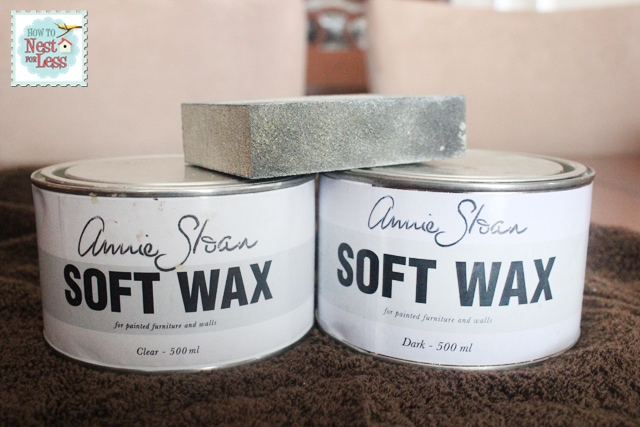
Applied with a cloth – no need to worry about drips and brush marks. Fusion Mineral Paint Tough Coat Matte Wipe -on Poly. I was excited to try this stuff when I first saw it on the internet. I previously used the solvent based Minwax wipe on Poly for many years. Unfortunately, it is not available anymore in CA.
I have since hoarded the solvent poly I have left. Since then I have used the water based poly with good to very good. For me, it has an extremely short open time, seconds at best.
Wipe -On (also called oil- based ) polyurethane blends the best of both worlds of finishing: the high durability and protection of polyurethane with the simple wipe on application of an oil finish. The problems with water-based wipe on poly are that chalk paint soaks it up like a sponge – so to get a clean smooth finish your going to want to dilute it with water. Minwax water-based wipe -on poly dries faster than oil- based products, so you have to move fast.
Unlike the others, it has no amber hue. Water - based poly is an emulsion in a mixture of water and organic solvents. There is a lot less organic solvent than solvent- based poly , but there is some and if you change the composition of the liquid by too much dilution you risk breaking the emulsion. General Finishes Arm-R-Seal is formulated for brushing or wiping.
Wipe - On Poly is great for applying quick coats without the need for a brush. If your wood will be exposed to the elements outdoors, use Helmsman Spar Urethane, which blocks sunlight, water , and temperature changes. Wipe down the stained surface using.
I now realize I should have used the spray on type, same brand. Would it be possible to use the spray on type over the wipe on? The wipe on is water based and the spray on is oil based. Polyurethane is a protective finish that is available in both oil based and water based forms.
Water based polyurethane is famous for being low odor and low toxic. Find quality polyurethanes online or in store. Trying to apply by wipe on is next to impossible as it gums up the rag like a well used hanky by the worst headcold recipient. It comes in varieties - glossy and satin finish.
I have also read mixed reviews on water bourne wipe on finishes. Oil- based poly has a slightly warmer tone than water - based , but I don’t think the dramtic yellowing yoiu’re worried about is a reality, especially with the thin wiped-on coats we’re talking about. Build Something Extraordinary With Our Large Selection of Quality Polyurethane at Rockler Woodworking and Hardware.
Polyurethanes are commonly available in both oil- based and water - based formulas, and there are minor differences between the two in both performance and application. But I’ve developed my own little collection of tips, systems and techniques for applying oil- based polyurethane. It gives me great , quickly and painlessly. This is a skip-the-brush system. It’s all about rolling poly on the big areas, using wipe on poly on the small ones, and above all, controlling dust.

A clear, ultra fast-drying finish that combines excellent durability with the warmth and beauty of traditional polyurethane. Because its water - based , it has little odor and cleans up easily with warm water. It protects and adds beauty to interior wood surfaces such as furniture, cabinets and doors. A close inspection revealed a common problea deteriorating finish damaged by water from the sink and the use of harsh cleansers. Can be used over bare woo oil- and water - based stains, paint and wallpaper.
The minwax water based poly is thin as water already. Steve, I am working on that project this morning so I will try your suggestion. Never used waterbased anything.
I have been using a wipe on varnish with good effect, but was interested in this water based poly. You can work over an area if need be without marring the surface, within a reasonable time, like a drip. My guess as long as the water base poly is dry steel wool would be fine. I've never used a scotch brite pad before give it a try. Apply to furniture, cabinets, doors, countertops, paneling and more.
I use the oil base mostly. Protects against water , stains, household chemicals, and general wear and tear. Im thinking of using minwax wipe on poly for the neck. Also, does wipe on poly impart a slight tint like tru-oil does?
If you are looking for a real protection layer for your instrument, buy some rattle can poly. But if you do want a thin, but rather durable finish, go with the wipe on. Not that the rattle can stuff is that thick, just easier build than the wipe on stuff.
No comments:
Post a Comment
Note: Only a member of this blog may post a comment.